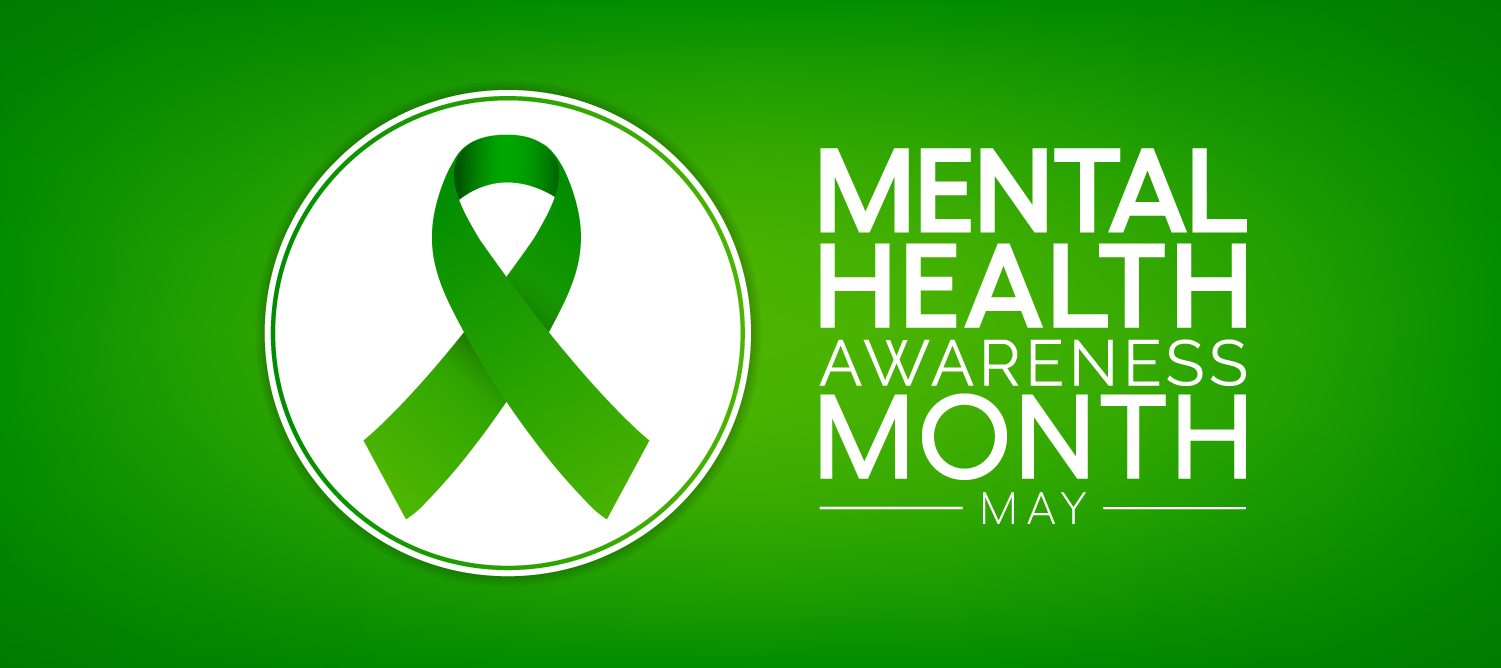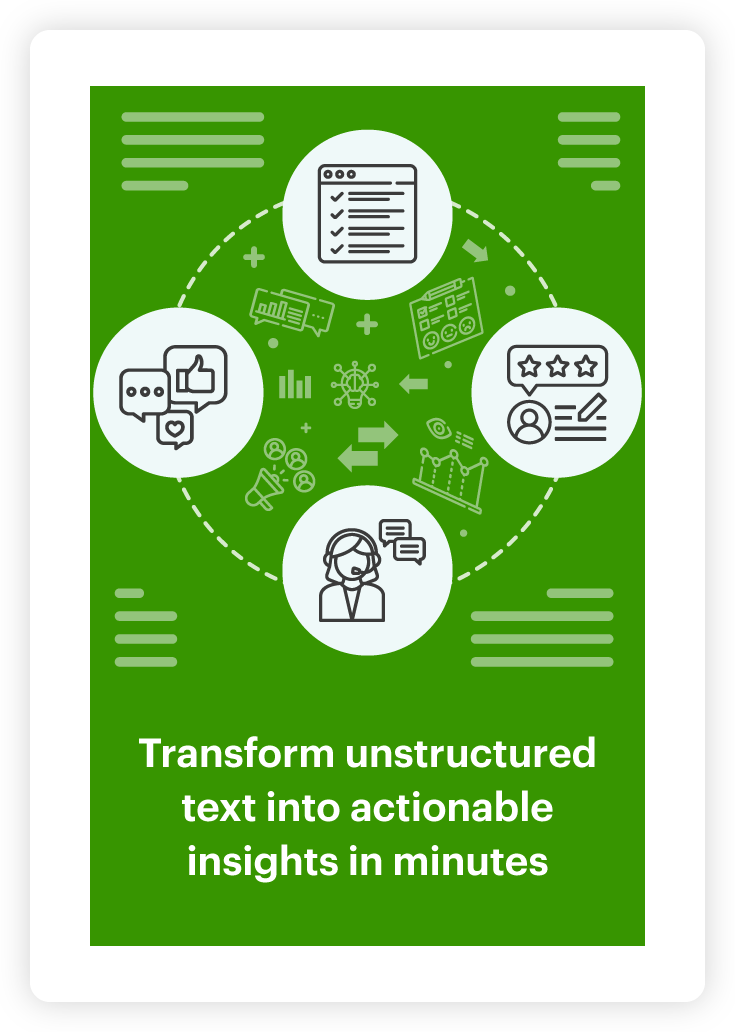Mental Health Awareness: How has the media conversation changed?

As recently as ten years ago, it was considered a social taboo to talk about mental health. The subject was mired in stigma, and admitting your struggles proved difficult for many. However, in 2021 mental health is more than just a topic of conversation — it’s a movement. Individuals are coming together and finding the confidence to be vulnerable and open up about their inner battles.
At Relative Insight, we are insatiably curious about language. In recognition of Mental Health Awareness Week, we wanted to understand how the discourse around mental health has changed over the past decade, specifically in the media.
To do this, we ran a media listening search for the term “mental health” during 2010 and 2021, gathering all available news articles from both time periods. We then uploaded this huge volume of language data – over a million words in total – to Relative Insight and compared the coverage from 2010 against 2021.
Using Relative Insight’s text analysis technology, we were able to pinpoint the words, phrases, emotions and topics unique to each decade of news coverage. These linguistic differences enable us to understand how the conversation around mental health has evolved and adapted over time.
2010
Medical language
In 2010, the media coverage around mental health was largely rooted in medical terminology. Words such as disorder, illness, patients and treatment appeared 3.1x more than in 2021. This suggests that modern-day language has shifted away from these clinical terms. Psychologist Lynn Jonen points out that the use of the word ‘disorder’ has diminished from general conversation, likely because it suggests that feelings such as anxiety or low mood are neither common nor natural.
Research and reports
We also found that there was greater use of terms such as research, report and study in 2010. While quoting sources adds legitimacy to journalism, this also suggests that in 2010 a lot of new research was being carried out regarding mental health. A Concordia University research study read: “Stress may be more hazardous to our mental health than previously believed” – a fact which is now common knowledge.

Stigma
In comparison to 2021 news coverage, articles in 2010 were more likely to highlight the prejudice and discrimination against people with mental health issues. The more frequent use of these words in 2010 suggests that we are now moving beyond stigma and embracing acceptance. It also highlights that news outlets feel less of a need to challenge or comment.

2021
Open conversations
Over the past 10 years, the conversation around mental illness has taken enormous steps in the right direction. Our analysis found that the media are 10.8x more likely to comment on this shift, describing the conversation around mental health as open, relatable and friendly. However, what’s even more inspiring are the personal stories being shared in the news. Articles include accounts from real people, highlighted by the greater use of personal pronouns and words such as spoken.


Positivity
In 2021, mental health has been discussed much more positively in the news. Rather than depicting people as victims or sufferers, articles describe the resilience, strength and importance now associated with mental health. This highlights how mental health is shifting away from being seen as an illness. Instead, there is a growing sense that mental health is something we must protect and take care of to improve our lives.

Wellbeing
Similarily, the concepts of wellbeing and self-care are 6.7x more likely to appear in today’s mental health coverage. These words reflect a relatively new vocabulary, showcasing how wellness has become closely linked with mental health. With the growing self-care and wellbeing movements, these words are increasingly being used to describe our mental health.

Employee mental health
One of the most interesting language insights we discovered was around the topic of employee mental health – a theme that was completely absent from the 2010 news coverage. Workplaces are becoming increasingly conscious of mental health concerns, especially amidst the backdrop of the pandemic. Companies now realise the advantages of cultivating a positive work culture. As younger generations enter the workforce, acceptance of mental health will remain a priority.

Why words are important to Mental Health Awareness
The conversation around Mental Health Awareness is constantly changing. We’re slowly taking back our power through self-love, self-care, and even humour. We’re breaking down stigmas and stereotypes and creating a more accepting, more forgiving environment, where people feel free to share their stories.
It’s human nature to be triggered by certain words, and this is why using the right language around mental health is imperative. Being thoughtful with language choice is vital to ensure we continue to relate, respect and validate each other’s experiences.
Relative Insight can arm you with powerful language insights that enable a deeper understanding of topics or trends over time. Speak to our team to find out more.

